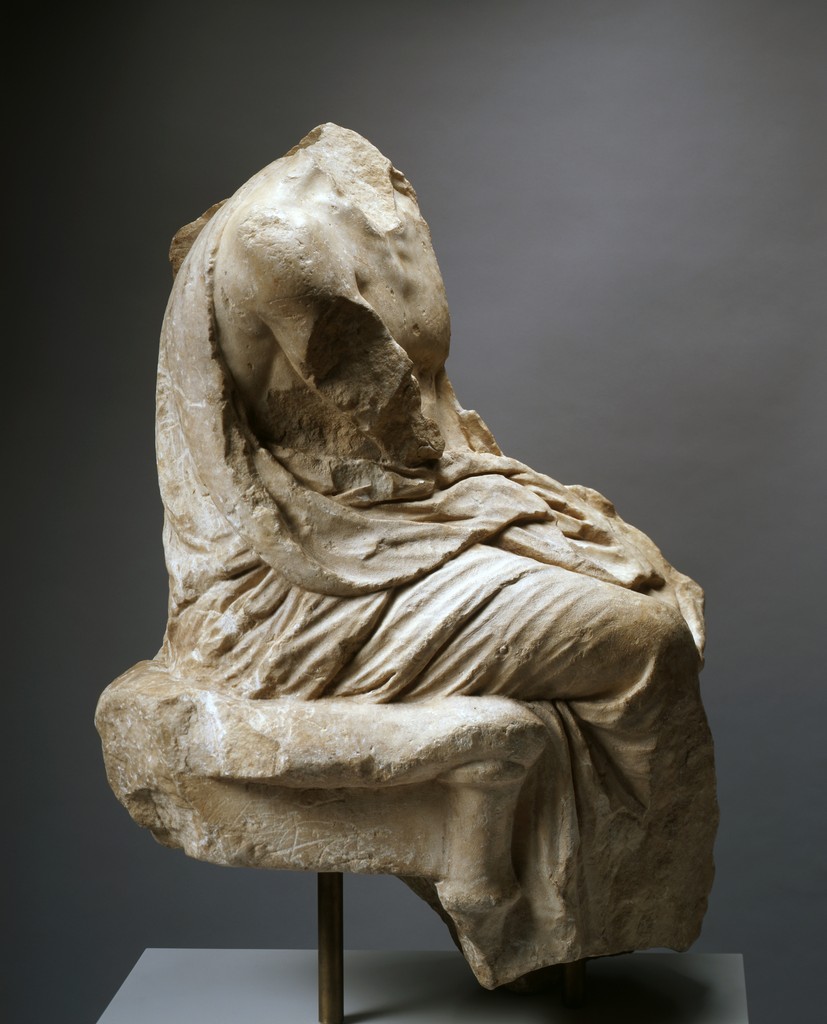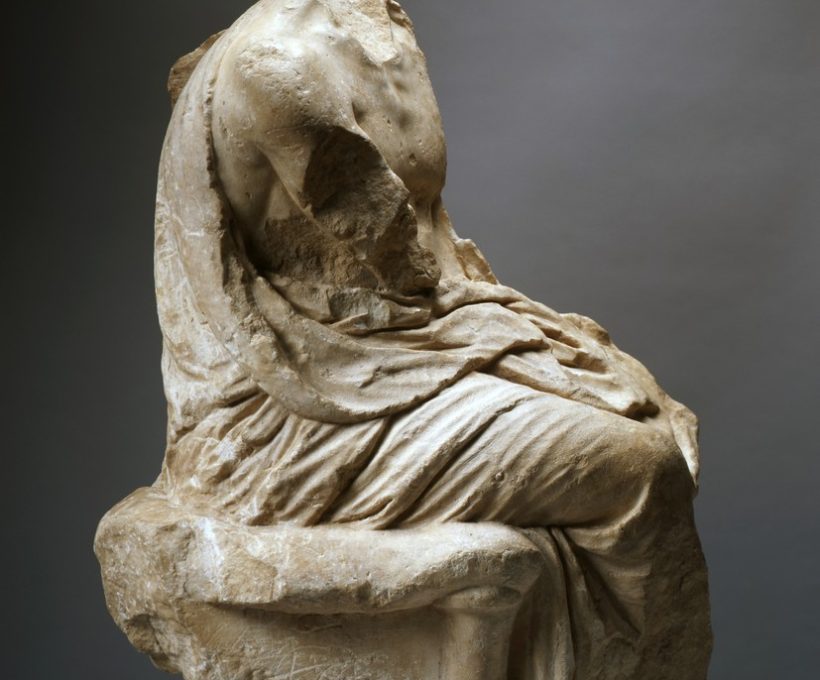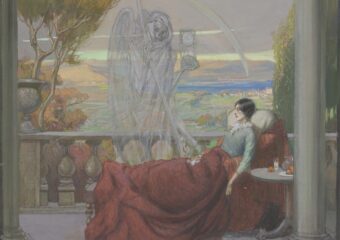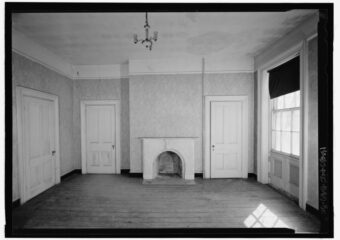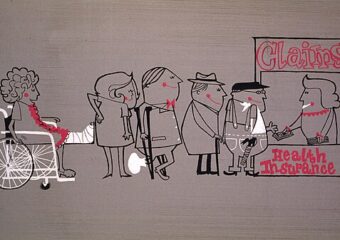Illness as loss refers the types of losses that contribute to illness as it is distinguished from disease and sickness and can include loss of confidence, loss of control, loss of innocence, and loss of omnipotence. Good health underlies any person’s life plans and how the plans proceed. Health problems that emerge and produce constraints around those plans or even the ability to conduct activities of daily living can generate a loss of innocence. People with health problems can lose control not only of their life plans and ability to conduct activities of daily living, but they can lose control of bodily functions. As a result, or even independent of a loss of control, the person with a health problem can lose confidence in achieving life plans and the power to control his or her own destiny.
The story of Jean-Dominique Bauby is a vivid example of illness as loss. When he experienced a devastating stroke at the age of forty-three, Bauby was the high-flying editor-in-chief of the French magazine Elle. The stroke left him completely intact mentally, but all he could do physically was swivel his neck and blink his left eyelid, which eventually became his principal means of communication. Not long after Bauby emerged from his stroke-induced coma, he was able to perceive his plight of loss as a victim of locked-in syndrome. As he described it in his memoir, this revelation hit him in particular upon being put in a wheelchair:
“You can handle the wheelchair,” said the occupational therapist, with a smile intended to make the remark sound like good news, whereas to my ears it had the ring of a life sentence. In one flash I saw the frightening truth. It was as blinding as an atomic explosion and keener than a guillotine blade. They all left.
Bauby’s illness experience became one characterized by the loss of any bodily control, of family life, of livelihood and career, and of life plans and dreams. He found a connection to his plight through literature, and specifically through Alexandre Dumas’ The Count of Monte Cristo: “I had just reread The Count of Monte Cristo, and now here I was back in the heart of the book, and in the worst of circumstances.” He was referring to the character named Noirtier de Villefort, who is the father of one of the main protagonists in the story. Bauby could relate very directly to this character’s situation:
M. Noirtier was sitting in his wheel-chair, to which he was carried every morning and left there until the evening. Sight and hearing were the only two senses that, like two solitary sparks, animated this poor human body that was so near the grave…It is true that the gesture of the arm, the sound of the voice, the attitude of the body were now lacking, but his masterful eye supplied their place. He commanded with his eyes and thanked with his eyes; he was a corpse with living eyes.
In the character Noirtier de Villefort, Bauby had a reference point, a touchstone of a sort. Indeed, he saw this character, created by Dumas in 1844, as “literature’s first—and so far only—case of locked-in syndrome.”
Bauby could draw meaning and succor from de Villeforts’s predicament. The right work can do even more for people experiencing loss as a result of an illness. For example, the noted writer Clifton Fadiman was attacked by acute retinal necrosis, which resulted almost immediately in near-complete blindness. At the age of eighty-eight he was still working as an editor and critic and thus was disconsolate at his loss of sight. He told his daughter Anne, who is also a noted writer, “I don’t wish to be melodramatic, but you should know that if I can’t read or write, I’m finished.” The two of them, however, then remembered that Milton had written a sonnet called On His Blindness about the loss of his own sight.
When I consider how my light is spent E’re half my days, in this dark world and wide, And that one Talent which is death to hide, Lodg’d with me useless, though my Soul more bent To serve there with my Maker, and present My true account, lest he returning chide, Doth God exact day-labour, light deny’d, I fondly ask; But patience to prevent That murmer, soon replies, God doth not need Either man’s work or his own gifts, who best Bear his milde yoak, they serve him best, his State Is Kingly. Thousands at his bidding speed And post o’re Land and Ocean without rest: They also serve who only stand and waite.
Anne’s father reacquainted himself with Milton’s sonnet and recalled that he had written Paradise Lost after he had lost his sight. Inspired by Milton’s sonnet and work after becoming blind, Clifton Fadiman adapted to his new circumstance and began to work again. To Anne, “Milton’s sonnet provided the first glimmer of the persistent intellectual curiosity that was to prove his saving grace.”
Sources:
Jean-Dominique Bauby, The Diving Bell and the Butterfly, trans. Jeremy Leggatt (New York: Vintage, 1997)
Alexandre Dumas, The Count of Monte Cristo (New York: New American Library, 1988)
Anne Fadiman, Ex Libris: Confessions of a Common Reader (New York: Farrar, Straus and Giroux, 1998)
John Milton, “On His Blindness,” in Arthur Thomas Quiller-Couch, The Oxford Book of English Verse (Oxford: Clarendon, 1919), http//:www.bartleby.com/101/318.html (accessed August 14, 2019)
Photo: Seated Figure from a Grave Relief. Third quarter of the 4th Century BC. Artstor, library.artstor.org/asset/SS35538_35538_29884226
